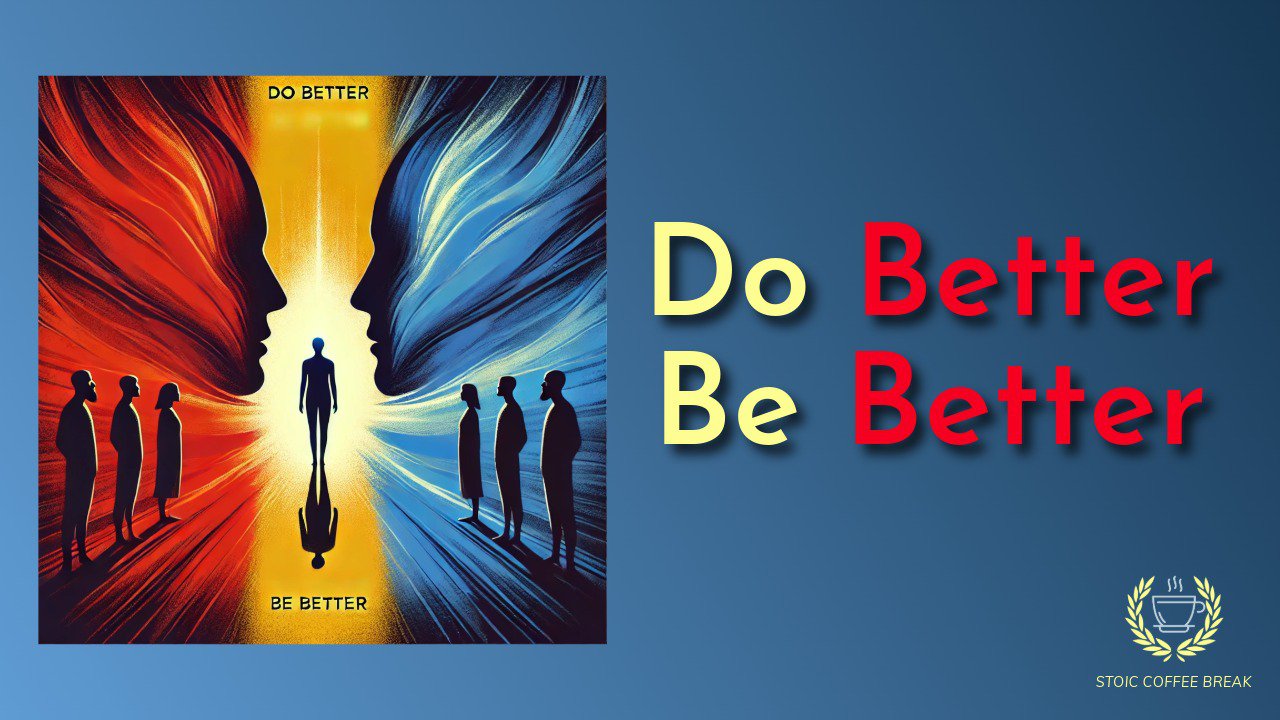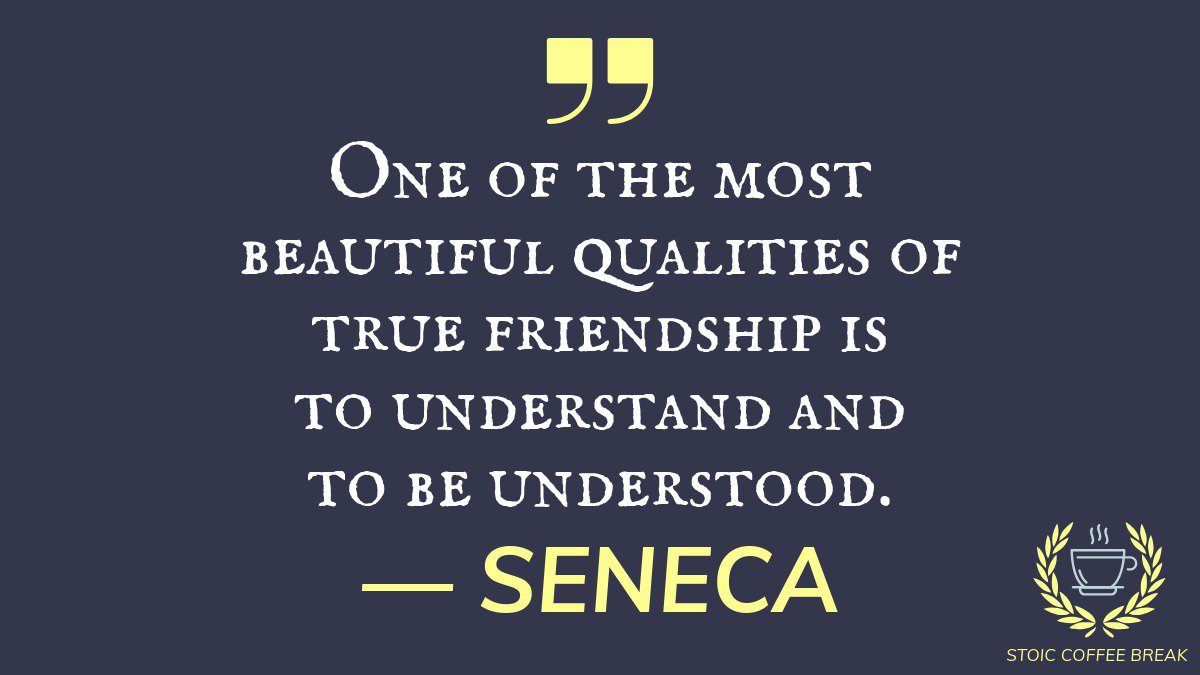Category: Coffee Break
-

338 – Q & A: Am I Stoic Enough?
Join us on this week’s Stoic Coffee Break podcast as we tackle questions about handling criticism, measuring personal growth, and Marcus Aurelius’ take on social media. Dive into stoicism over a coffee break and discover ways to live a more thoughtful life.
-

333 – Do Better, Be Better: Maintaining Stoic Virtue in Times of Turmoil
In times of political division, it’s tempting to let anger and fear drive our actions. But what if we embraced Stoic principles instead? Explore why maintaining wisdom, justice, courage, and temperance is essential for a better society. Discover how to rise above tribalism, fear, and cruelty to create real, impactful change. Raise the bar –…
-

314 – Think Slow, Act Fast: How to Plan and Win
In a world that often glorifies rapid action, the wisdom of “think slow, act fast” offers a refreshing perspective. By investing time in meticulous planning, we can navigate potential setbacks and align our actions with our true objectives. This approach not only enhances efficiency but also fosters resilience in both personal and professional endeavors. “Patience…
-

311 – Open Mind, Open Heart: Stoicism and Human Connection
“One of the most beautiful qualities of true friendship is to understand and to be understood.” —Seneca Are you yearning for deeper connections with those around you? Discover how Stoicism, often misunderstood as emotionally detached, can actually foster profound relationships. Learn to master your emotions and embrace authenticity for more meaningful bonds.
-

308 – Don’t Panic, Go Stoic: The Stoic’s Guide to Anxiety
“Today I escaped anxiety. Or no, I discarded it, because it was within me, in my own perceptions—not outside.” — Marcus Aurelius Feeling overwhelmed by anxiety? Discover how Stoicism’s timeless principles can transform your approach to life’s challenges. By focusing on what we can control, embracing rationality, and practicing mindfulness, we can navigate anxiety with…
-

300 – The Importance of Friendship from a Stoic Perspective
“Associate with those who will make a better man of you. Welcome those whom you yourself can improve.” —Seneca Friendship, from a Stoic perspective, is a cornerstone of a fulfilling life. By fostering connections rooted in mutual growth and support, we not only enrich our own lives but also cultivate virtues like kindness and courage.…
-

295 – How to Lead Like a Stoic Emperor: The Timeless Wisdom of Marcus Aurelius
“What we do now echoes in eternity.” —Marcus Aurelius In a world craving authentic leadership, the Stoic wisdom of Marcus Aurelius stands as a beacon. His teachings on virtue, resilience, and service offer timeless lessons for navigating today’s complex challenges with integrity and grace. Reflecting on his principles invites us to embody the qualities of…
-

256 – Developing Optimism
“Very little is needed to make a happy life; it is all within yourself, in your way of thinking.” — Marcus Aurelius. Are you a pessimist? Do you see the glass as half empty? Do you often get depressed when you think about the state of the world? Today I want to talk about how…
-

253 – Digging Deep: Uncovering Your Unconscious Motivations
“No man is free who is not a master of himself.” — Epictetus. Do you always act the way you want to? Do you struggle to accomplish what you set out to do? Do you find it challenging to make choices that are in line with what you think you want? Today I want to…
-

249 – Strong Body for a Strong Mind
It is necessary to care for the body, not for its own sake, but because it is the abode of the soul. — Musonius Rufus Do you take care of your body? To you treat it like a temple? Do you exercise it and strengthen it as much as your mind? Today I want to…